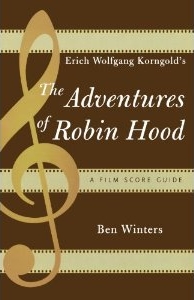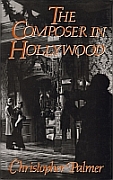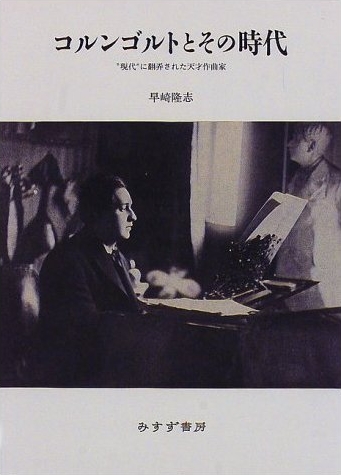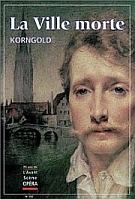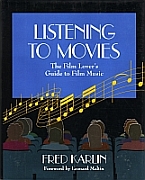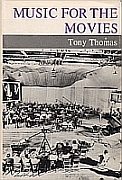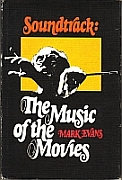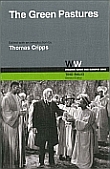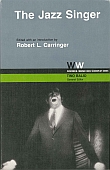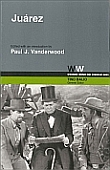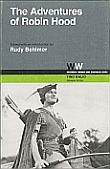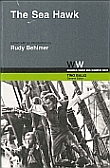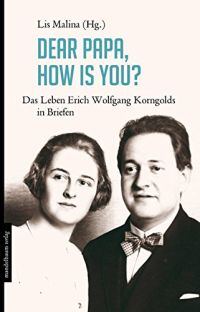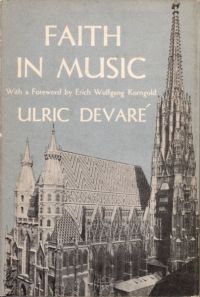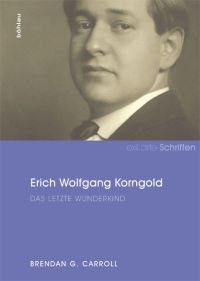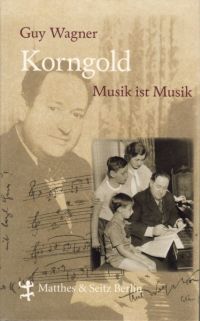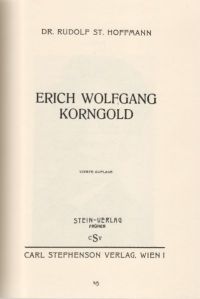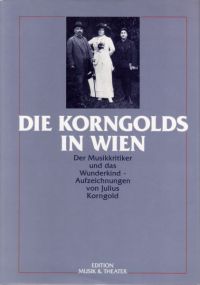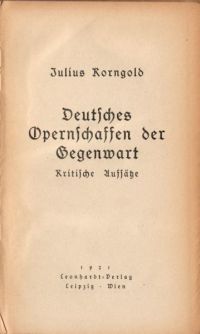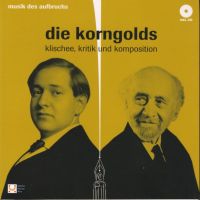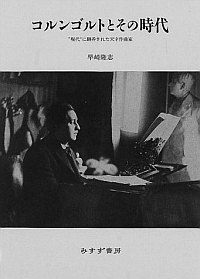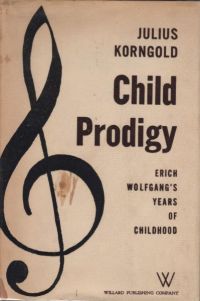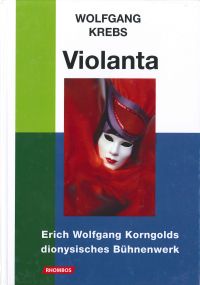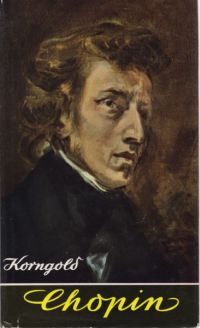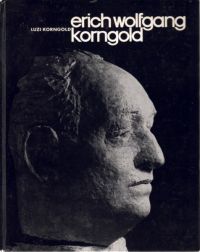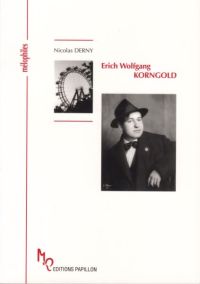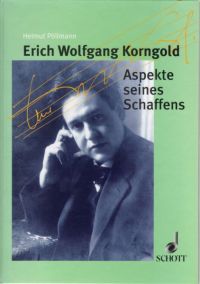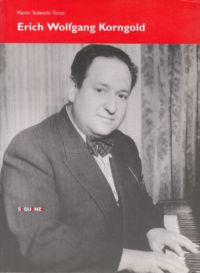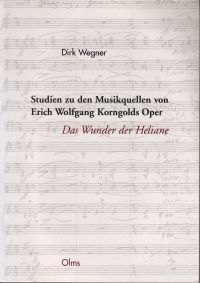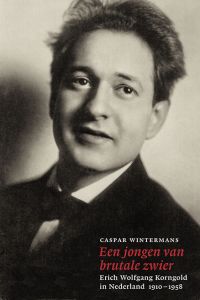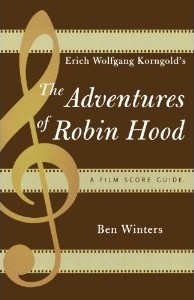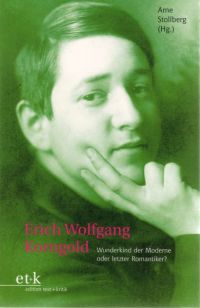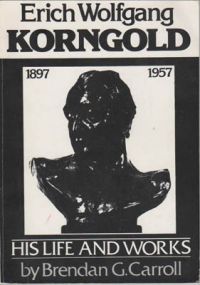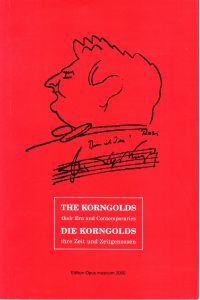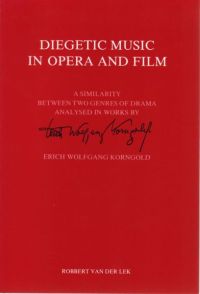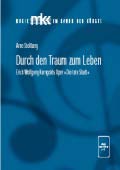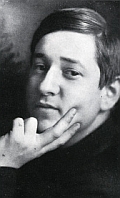Korngold in America
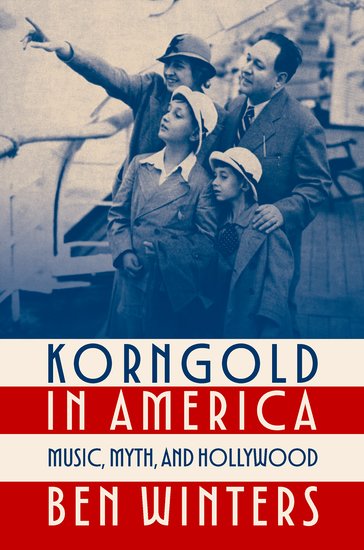
Music, Myth, and Hollywood
Ben Winters
Oxford Music / Media
- Gives a new interpretation of composer Erich Wolfgang Korngold through previously unpublished archival sources
- Includes extracts from Korngold’s unpublished film scores
- Explores the relationship of Korngold’s film scores with his pre- and post-Hollywood operas and concert works
Link
Books regarding the life and works of Erich Wolfagang Korngold:
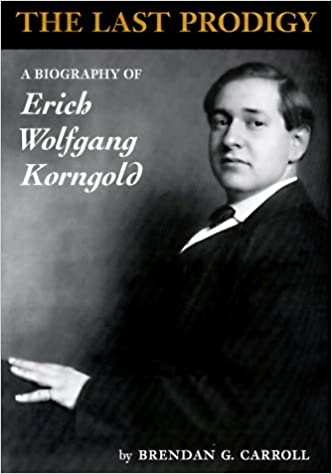
Author: Brendan G. Carroll
The dawn of the 20th century heralded an age of continuing progress. In terms of technology, many of the advances were for machines of war; scarcely anyone would have foreseen the grim future of conflict that was to run until near the end of the century. The first decade of the new century also saw the emergence of child prodigy Erich Wolfgang Korngold, whose advanced tonal technique seemed destined to win him a place as a major composer. But just as prosperity and peace were absent during much of this troubled time period, Korngold’s music went into eclipse in the 1930s and only recently emerged from the tomb to which it was consigned by the main current of 20th-century musical thought.
Brendan Carroll’s excellent biography of this composer who was so shabbily ignored by postwar intellectuals is long overdue. From the outset, Carroll focuses on the phenomenal musical ability shown by Korngold. Not only did he produce complex musical compositions from an early age, but these early compositions are adult in style and show the distinct idiom of the composer. Like Mozart, Korngold’s distinguishing talent was an inexhaustible supply of melodic inspiration that he skillfully assembled.
The major success in the 1920s of his opera Die Tote Stadt marked Korngold as a peer to Richard Strauss. But by the ’30s the dissonant tide was running against him. Unable to renounce melody and harmony, he was branded a reactionary by the haute monde, and scorned as a Jew by the Nazis. Fortunately, his flair for romanticism earned him Hollywood commissions for a series of memorable films–and, incidentally, saved his life by getting him out of Europe during a critical period. But when the smoke of World War II cleared, one of the casualties was interest in his serious musical oeuvre.
Carroll pinpoints three factors that contributed to Korngold’s fall into obscurity: controversies generated by his father, the critic Julius Korngold; suppression of performances by the Nazis; and the hostility of the serious musical establishment. However, he seems to weight them equally, and perhaps in this he errs. Korngold’s father’s influence on the Viennese music world waned by the end of the ’20s, and the Third Reich lasted just 12 devastating years. Clearly the dominant factor in the suppression of Korngold’s music was the disdain of the art crowd for a composer who wrote movie (gawd!) music, and who wouldn’t kiss the book and declare serialism as his personal savior. Luckily for Korngold and his fans, as the century nears its end, composition has finally broken the dogmatic bonds of the “music of the future.” No better sign exists of this than the renaissance in Korngold recordings in the 1990s, and the respectful if belated rehabilitation of his reputation betokened by a book like Carroll’s. This is a balanced volume well worth reading for anyone who is interested in this seriously underrated composer. –Sarah Bryan Miller
- Publisher : Amadeus Pr (September 1, 1997)
- Language : English
- Hardcover : 464 pages
- ISBN-10 : 1574670298
- ISBN-13 : 978-1574670295
- Lexile measure : 1330L
- Item Weight : 2.05 pounds
- Dimensions : 6.5 x 1.75 x 9.5 inches
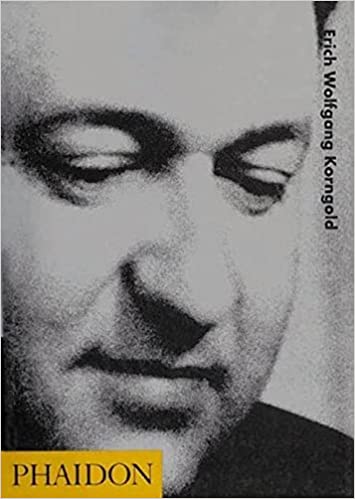
Author: Jessica Duchen
This colourful biography explores the life and music of Erich Wolfgang Korngold (1897–1957), whose varied compositions ranged from operas (written at a very young age) and orchestral music to lighter works such as operettas and Hollywood film scores. Korngold’s lush, romantic scores have influenced many other film composers, while a recent resurgence of interest in his work has lent greater credibility to his more serious classical compositions.
- Publisher : Phaidon Press; First Paperback Edition (May 30, 1996)
- Language : English
- Paperback : 239 pages
- ISBN-10 : 0714831557
- ISBN-13 : 978-0714831558
- Reading age : 13 years and up
- Grade level : 8 and up
- Item Weight : 1.41 pounds
- Dimensions : 6.25 x 0.75 x 8.75 inches
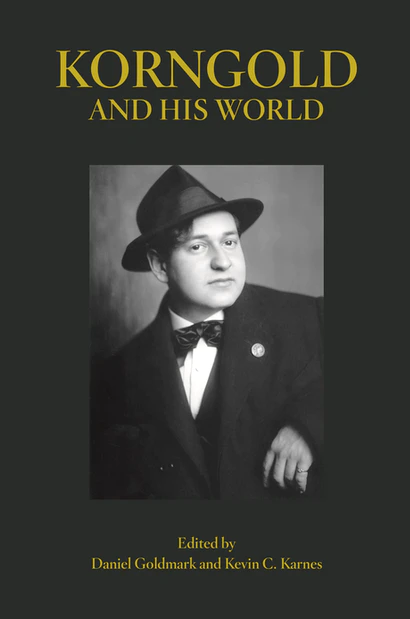
Edited by Daniel Goldmark and Kevin C. Karnes
Erich Wolfgang Korngold (1897–1957) was the last compositional prodigy to emerge from the Austro-German tradition of Mozart and Mendelssohn. He was lauded in his youth by everyone from Mahler to Puccini and his auspicious career in the early 1900s spanned chamber music, opera, and musical theater. Today, he is best known for his Hollywood film scores, composed between 1935 and 1947. From his prewar operas in Vienna to his pathbreaking contributions to American film, Korngold and His World provides a substantial reassessment of Korngold’s life and accomplishments.
Korngold struggled to reconcile the musical language of his Viennese upbringing with American popular song and cinema, and was forced to adapt to a new life after wartime emigration to Hollywood. This collection examines Korngold’s operas and film scores, the critical reception of his music, and his place in the milieus of both the Old and New Worlds. The volume also features numerous historical documents—many previously unpublished and in first-ever English translations—including essays by the composer as well as memoirs by his wife, Luzi Korngold, and his father, the renowned music critic Julius Korngold.
The contributors are Leon Botstein, David Brodbeck, Bryan Gilliam, Daniel Goldmark, Lily Hirsch, Kevin Karnes, Sherry Lee, Neil Lerner, Sadie Menicanin, Ben Winters, Amy Wlodarski, and Charles Youmans.
Bard Music Festival 2019

